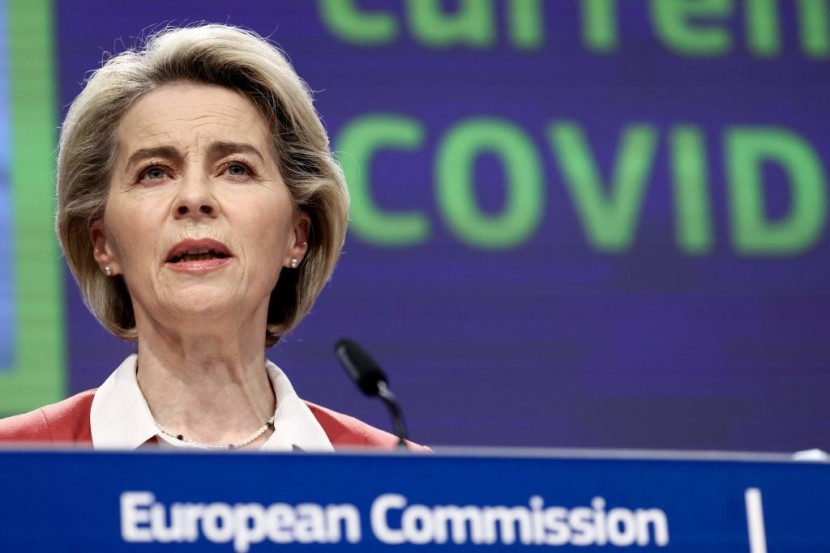
The European Commission announced on Wednesday a massive international infrastructure plan worth $340 billion called the "Global Gateway" that aims to use its funds in public and private infrastructure investments.
The proposal has a global scope and will adapt to the various needs and strategic interests of different nations. Many see the plan as a European effort to challenge China's growing Belt and Road Initiative that was launched in 2013 and provides funds to infrastructure projects in the developing world. China's plan is seen as a trap that puts recipients in debt, said critics.
Global Gateway Program
In a statement, EU Commission head Ursula von der Leyen said that they wanted to make the Global Gateway plan a trusted brand that becomes popular because of high quality, reliable standards, a high level of transparency, and good governance. However, a leading economist, Maria Demertzis, who is also the deputy director at Bruegel think tank, warned the commission not to make the plan about countering China.
Demertzis said that the Global Gateway did not have to push away Chinese investment and said she hoped that it did not aim to do it or it would not be perceived as a means to displace the Asian nation in any way. The official said that such an effort will not result in anyone winning and gaining benefits, DW News reported.
The EU Commission's program claims it will create links and not dependencies as it aims to help underpin the global recovery. The Global Gateway will mobilize investments in digital, clean energy, and transport networks. The program will also give funding to boost health, education, and research systems worldwide.
The World Bank estimates that low- and middle-income countries were facing a $2.7 trillion infrastructure investment gap before the coronavirus pandemic. The EU commissioner for international partnerships, Jutta Urpilainen, said in a statement that the Global Gateway can be used to create strong and sustainable links between Europe and the rest of the world to build a better future for the younger generation.
China's Belt and Road Initiative
In a statement, Leyen said that the Global Gateway created a "true alternative" to China's Belt and Road Initiative, which has allegedly caused huge debts since its inception. The EU commission president added that world nations needed better and different offers than that of China, CNN reported.
China's Belt and Road Initiative was started in 2013 and aimed to boost trade links with other nations worldwide. Since its inception, the program has spent large amounts of money to fund the development of infrastructure in dozens of countries.
However, EU officials argued that Beijing's financial offers are more often than not unfavorable, not transparent, and force other, poorer countries, such as those in Africa, to become dependent on China because of the debt they accumulate.
The European Commission plans to have the Global Gateway program be vastly different from China's Belt and Road Initiative. The commission's plan will provide grants, loans, and guarantees that will come from the bloc's institutions, governments, and financial institutions, and national development. Authorities added that the funding will be offered under "fair and favorable terms," Reuters reported.
Related Article:
© 2025 HNGN, All rights reserved. Do not reproduce without permission.








